Hey Guys, Jason here! Ever thought AI could be your health guardian angel? Imagine a world where we could predict, rather than react to diseases. Sounds surreal, right? Well, it might be closer to reality than you think. Enter the world of artificial intelligence (AI).
In leaps and bounds, AI is evolving to levels unimaginable, producing fascinating achievements in the world of healthcare. One such groundbreaking innovation it’s ushering us into is a crystal ball of sorts — an ability to predict high-risk cases of developing pancreatic cancer. Using machine learning, powerful algorithms, and the vast database of national health records, this AI oracle is set to revolutionize our approach to this deadly disease.
“Imagine a breakthrough that allows us to predict rather than react to diseases. That’s the power AI brings to healthcare.”
So, how does this AI learn and predict who’s most vulnerable to pancreatic cancer? Sit tight and let’s delve into this mesmerizing realm of AI and healthcare, where prevention might indeed be better than cure.
AI Predicts Future Pancreatic Cancer | Harvard Medical – YouTube Video
Through a revolutionary process called predictive modeling, AI is being utilized effectively in healthcare to flag high-risk individuals. Using various databases stocked with national health records, AI tools proficient in advanced machine learning algorithms comb through mountains of data. They diligently analyze various data points like a patient’s medical history, environment, and even their genetic footprint to develop an insightful prediction of their proclivity to pancreatic cancer.
Arguably, one of the most significant advantages of these AI algorithms is their ability to learn continuously. Through consistent interaction with healthcare professionals, they adapt, evolve, and refine their predictive models. They grow more accurate with every patient profile studied. This symbiosis, a continuous dialogue between humans and AI, fosters a more refined, precise risk assessment for patients.
But the intriguing part doesn’t end there, you see. AI in healthcare doesn’t work in a secretive, indecipherable black box. Rather, it operates through what we call Explainable Artificial Intelligence (XAI). This crucial aspect of AI allows healthcare professionals to comprehend the reasoning behind AI predictions. XAI nurtures trust, as it provides transparent and interpretable results, removing the unpredictability and fostering confidence in AI-predictive modeling outcomes.
The potential impact is enormous. Imagine a world where we can not only predict but also align pre-emptive measures to steer vulnerable individuals away from the path leading to pancreatic cancer. And as the broader adoption of artificial intelligence, machine learning, and data science accelerates in healthcare, this dream is rapidly morphing into reality.
Indeed, the success of AI as a valuable tool in healthcare is a two-way street. The journey involves continuous learning and adaptation from both ends — the AI algorithms and the human professionals interpreting and acting upon the model’s results.
From predicting readmission risks to estimating life expectancy using deep learning models, the versatility of AI in healthcare is truly awe-inspiring. It’s fascinating, isn’t it? How we are leveraging technology to better understand, predict and ultimately, defeat diseases as formidable as pancreatic cancer.
Armed with the might of AI, the boundaries of what is possible in healthcare continue to expand. By harnessing this power effectively, we can aspire to create a future where we stay a step ahead of diseases, rather than merely responding to them.
A Personal Refection from Jason

When you contemplate the wonders of technology today, do you marvel like me about how far we’ve come? Do you ever ponder, wide-eyed, at the amazing advances in artificial intelligence and how they’re changing our lives in ways we never deemed possible? Today is one such day for us to marvel and ponder. We are about to delve into an unprecedented intersection of technology and healthcare — an artificial intelligence system that can potentially predict a person’s risk of developing pancreatic cancer using national health records. Now, let’s break it down.
Artificial Intelligence: fascinating blend of algorithms and computational systems, designed to replicate human intelligence. The detail and vastness of their learning capability is astounding.
National Health Records: Comprehensive health data of the populace, meticulously collected and updated. Think of it as a ginormous digital health diary of an entire nation.
Pancreatic Cancer: A lethal and sneaky ailment that doesn’t present clear symptoms until it’s quite advanced, making early detection notoriously difficult.
“Pancreatic cancer is a malady that has frustrated many, for its stealthy nature often results in late diagnoses and a grim prognosis. The fusion of artificial intelligence with our health records might just be the critical breakthrough we’ve been seeking.”
Isn’t this the kind of future we always envisioned — one where technology becomes our beacon of hope, our guide in navigating the precarious road of health issues?
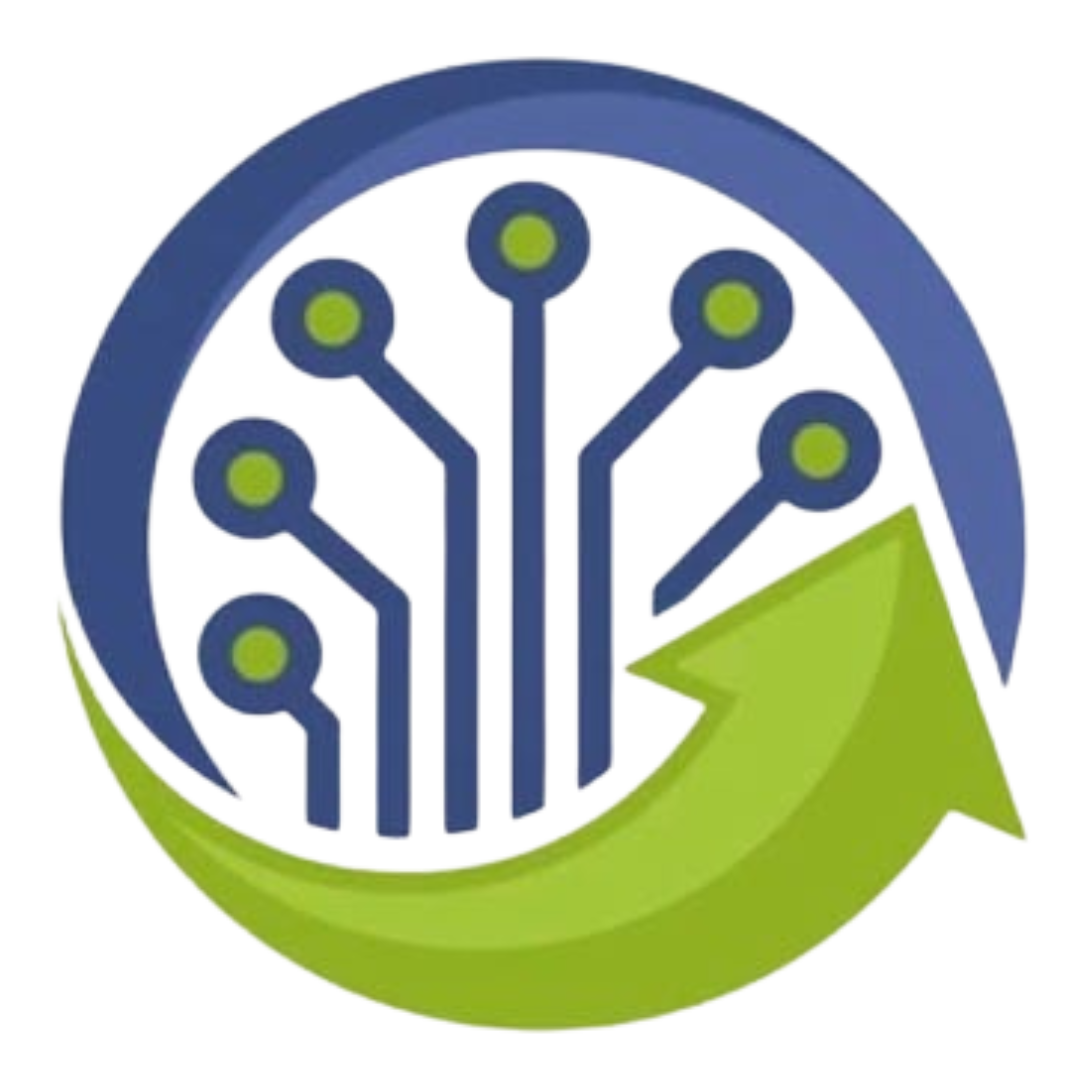
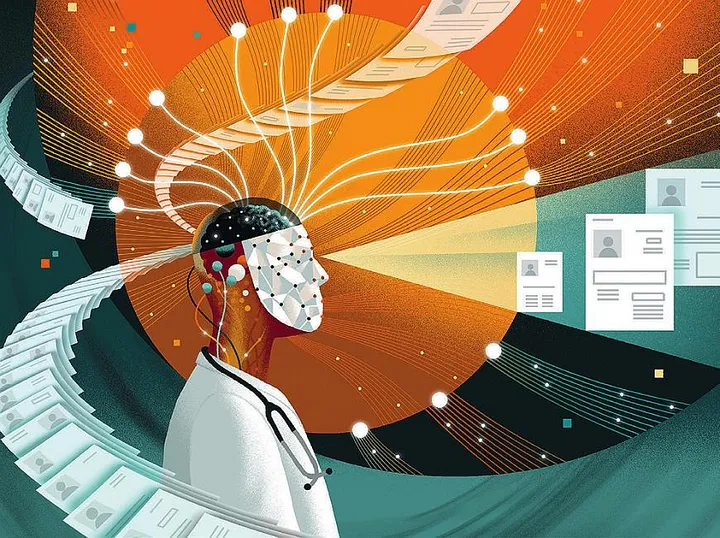
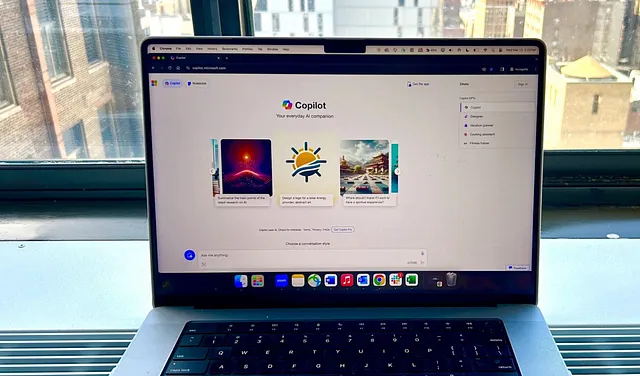



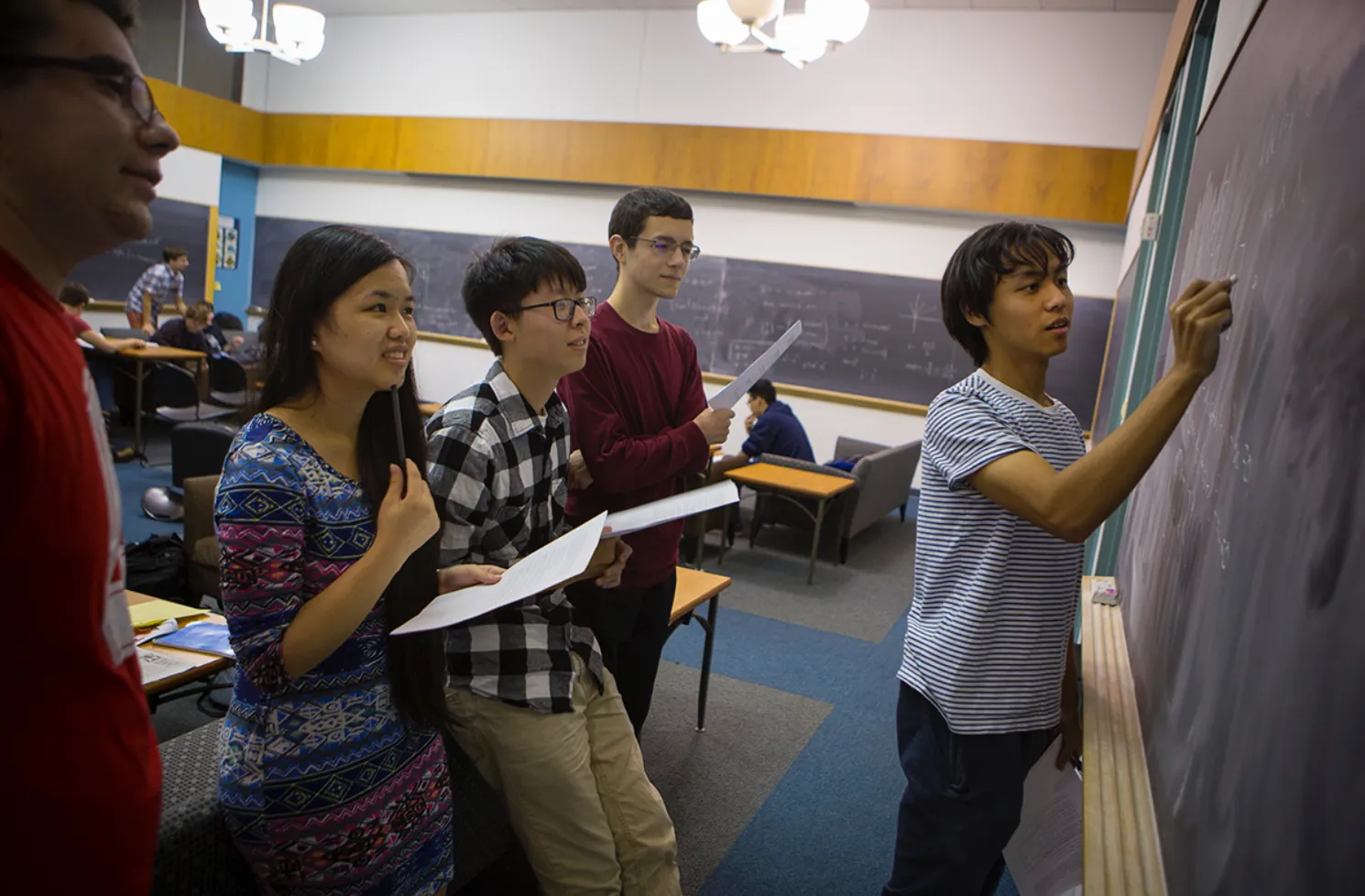
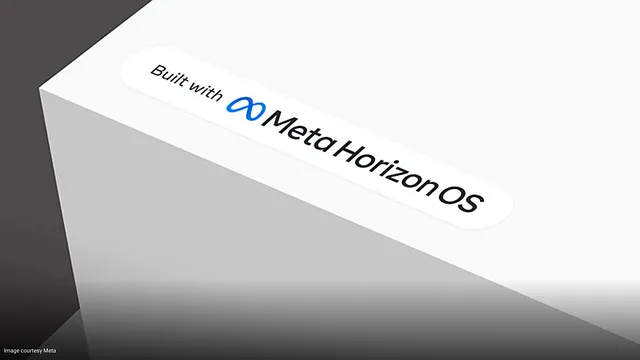


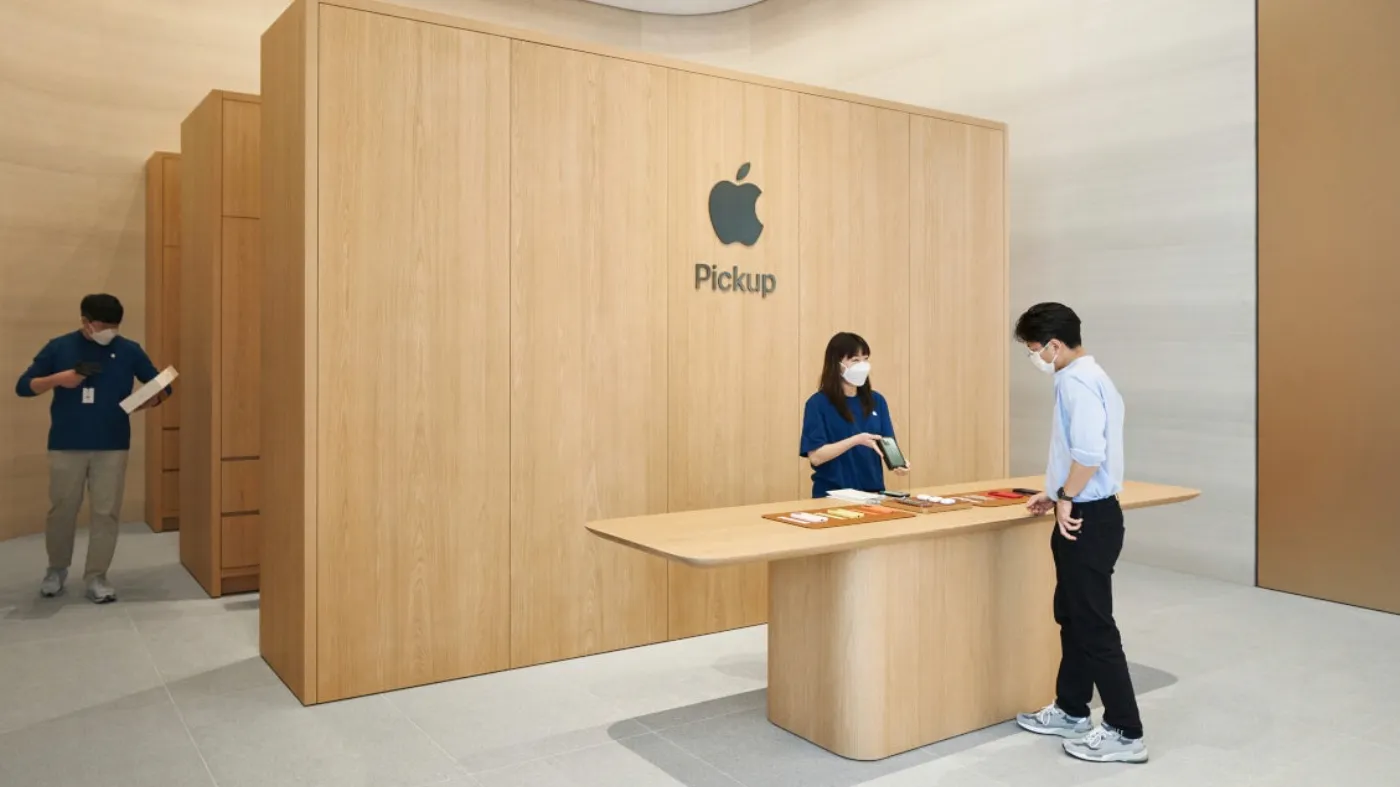


Leave a Reply